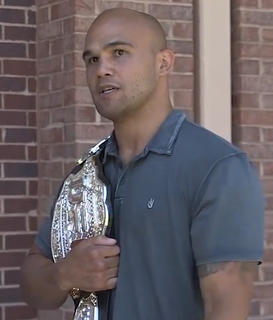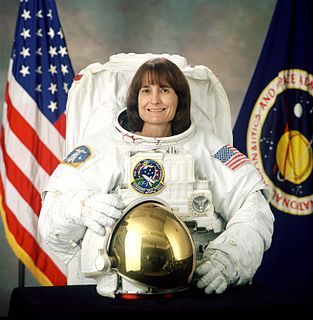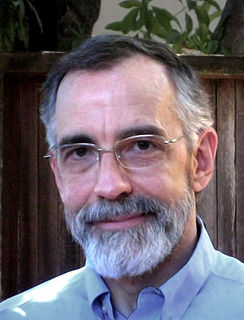A Quote by Buzz Aldrin
Space is not just going up and coming back down again. Space is getting into orbit and being there, living there, establishing a presence, a permanence.
Quote Topics
Related Quotes
I'd like to reiterate that the opportunities in space are going to be vastly different than they've been before, so, for young Canadians preparing for their futures, it's important to understand that there are going to be many opportunities to work in either new space industries that are being developed or to actually go to space, to be one of the people to join our team of explorers who are going to leave lower-Earth orbit. That, ultimately, is amazing, the opportunities we'll have.
I would die to record in space. That would be the coolest. If I got the option of, going into outer space and hanging out there for a day, and then coming back home and dying the next day, or just waiting around to see if there's any opportunity for the technology to develop so that I might experience outer space sometime in the future, I would probably take the ride today and die tomorrow. I'd be happy just hanging out between the moon and the Earth, getting a view.
I really love sharing with young Canadians the changes we're seeing in the space program right now with what we call "commercial space." We have commercial cargo delivery to the space station, and now we have what we call "commercial crew," where we're going to be delivering people to low orbit on new vehicles that are being designed by Boeing and SpaceX.
In America, we have no means of getting to our own Space Station. We have to pay the Russians to put our people up there to send them into space - rendezvous with the Station and bring them back at the end of their stay, and that to me is just wrong. We're supposed to be the world's greatest space-faring nation, and to cancel our own means of getting there I thought was a mistake, even though it would save some money.
Going into orbit around Earth - where the space station is today, and where the space shuttles and John Glenn and all those folks go-that's three-eighths of an inch above a schoolroom globe, just FYI. That's not very far from Earth. Yes, you are off Earth, but you're not really going anywhere yet. The moon was the only real destination.
I think going into space would be like going deep into the ocean, like 5,000 meters down. When you go down that far, it's just awfully black. There's not much there except mud and some particles. I imagine space would be a similar thing. The only difference is you're hoping to bump into some sort of intelligent extraterritorial being.
Richard Branson is probably the most visible of the private commercial space guys, and what is venture, Virgin Galactic is about is sub orbital flight. That is, you'll see a spacecraft that looks more or less like an airplane and it will fly into space, but only spend about 15 minutes. It'll go up in a parabolic arc and then fall back down, and so the customers on that flight will only get about five minutes of weightlessness. They'll get to glimpse the horizon of the Earth, take a look at it before just before they start coming back down into the atmosphere.




























